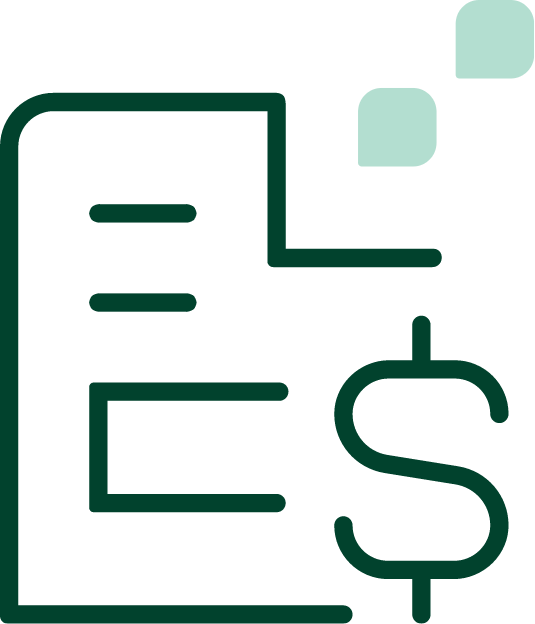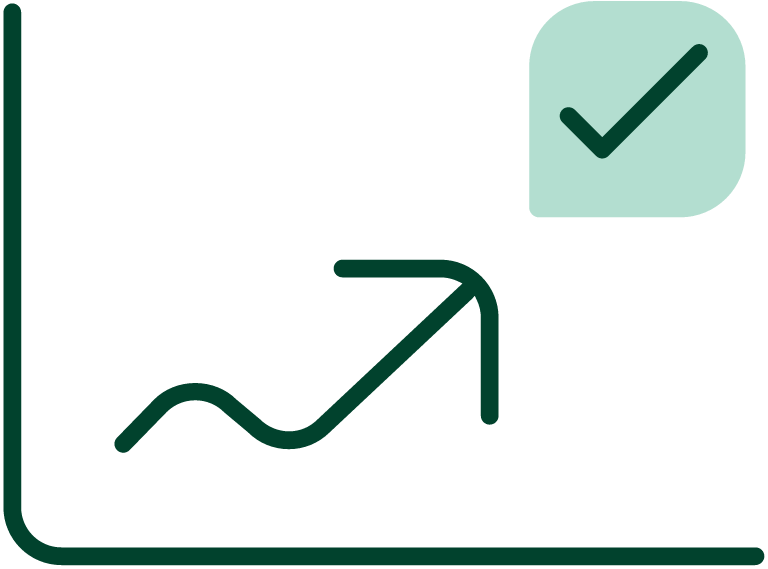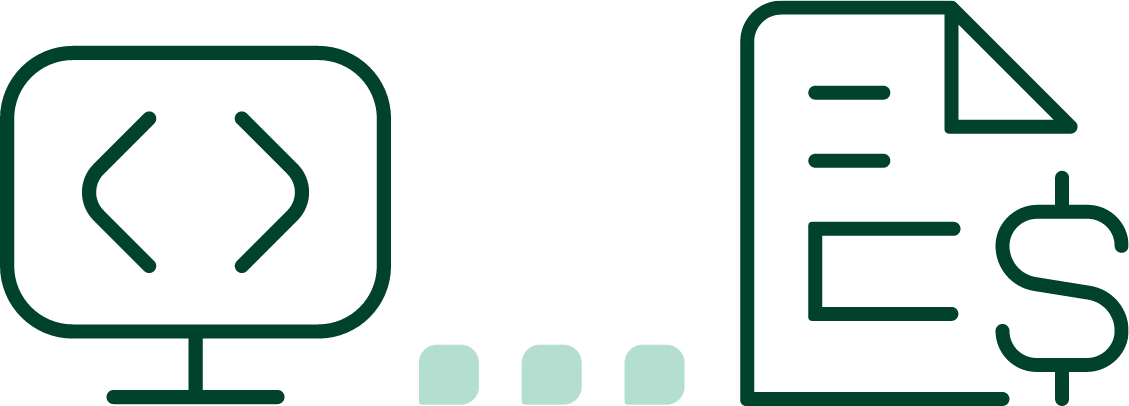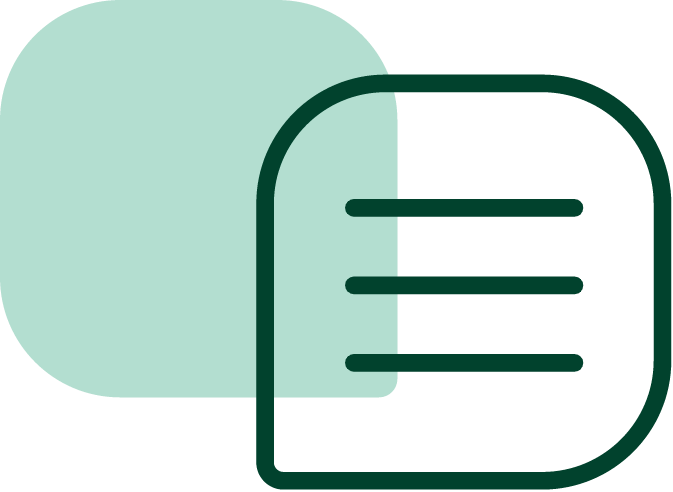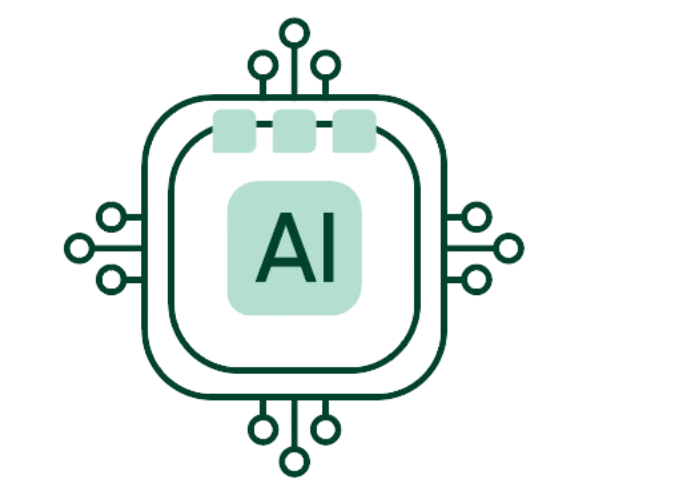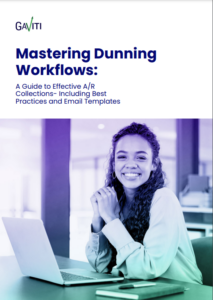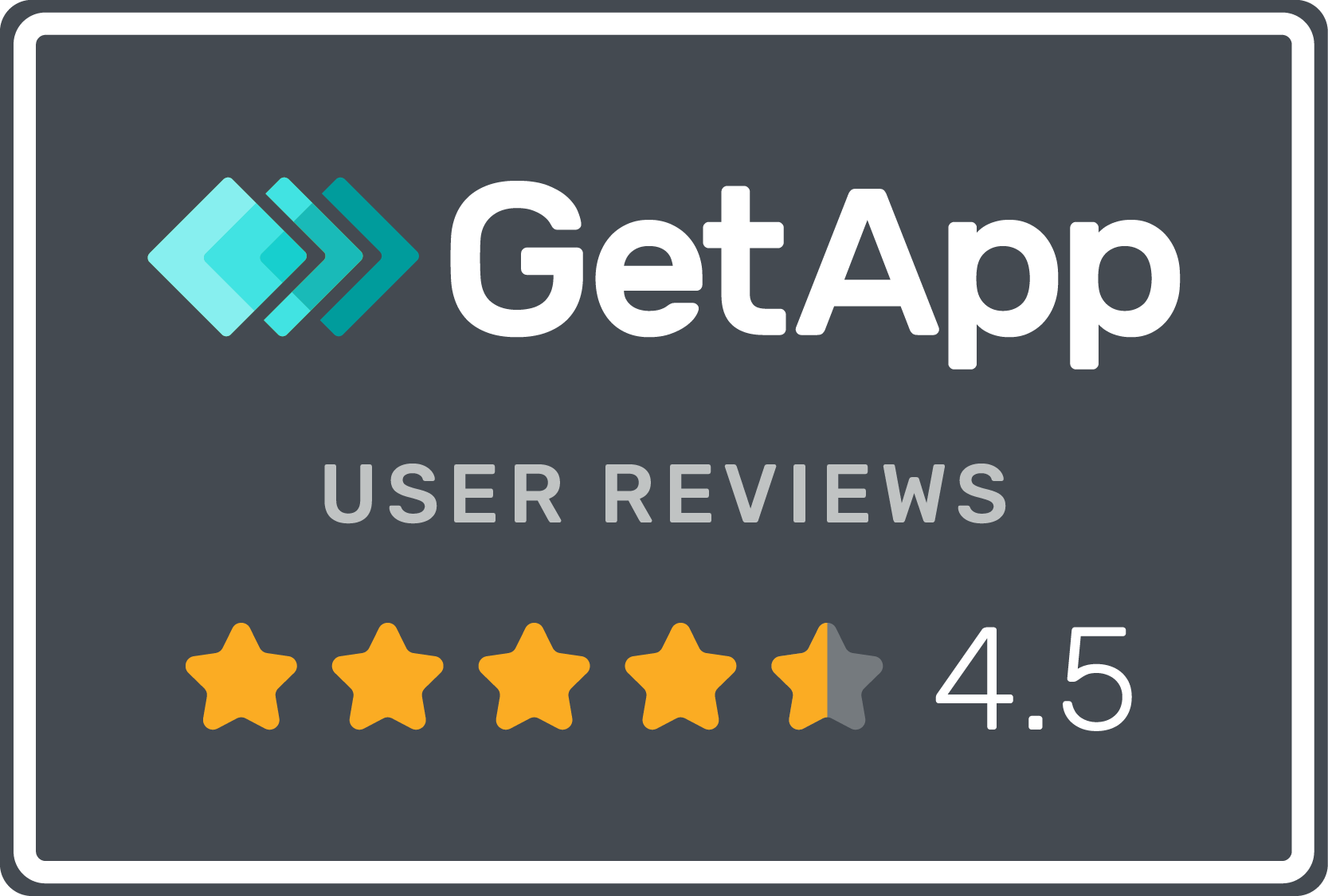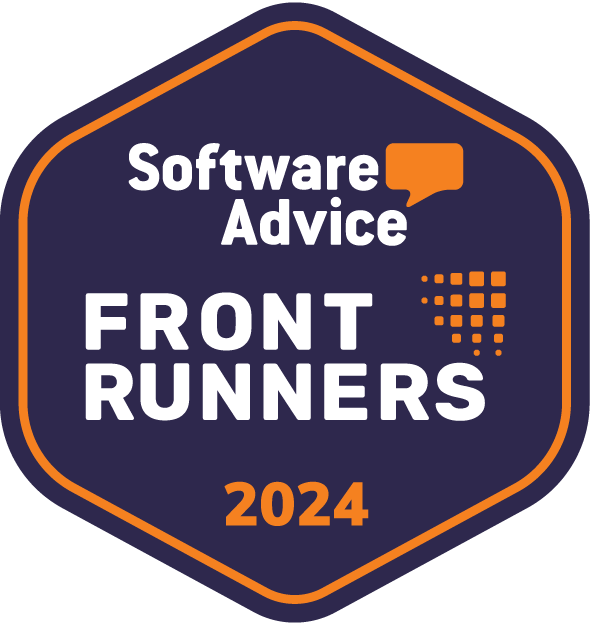The accounting and finance industry, including accounts receivable teams, have been facing an upheaval in recent years, with the lack of accountants and financial professionals causing firms to compete for talented staff. While it can be tempting to run and immediately offer more flexible hours and higher pay, hiring managers must ensure that they are also offering potential accounting and financial professionals a pleasant and even fun work environment. One way to do this is to take advantage of the latest and most efficient and advanced financial technologies, which provide a more interesting and satisfying work environment.
Understanding the Trend Behind the Accounting Talent Shortage
A number of factors have converged that have resulted in the shortage of accountants and other financial professionals. First, many have simply retired. According to the American Institute of Certified Public Accountants (AICPA), the vast majority of accountants were eligible for retirement in 2020. Alongside this trend, the number of students that have graduated with accounting degrees has also fallen, with a decrease of 7.4% from 2021 to 2022 – the largest decrease since 1994-1995.
Those who do choose to pursue accounting as a degree have options. Some qualified accounting and financial professionals are instead pursuing other roles in fields such as data analysis and technology, where the starting salaries are higher. Others have left accounting firms that demand long hours to work at non-profits or to pursue the self employment route , where they feel they will enjoy a better life-work balance.
The Evolving Landscape of Accounting: A Technology-Driven Future
At the same time as the industry suffers from an accounting shortage, demand has continued to increase. The Bureau of Labor Statistics (BLS) estimates demand to grow by 4% by 2031, and 95% of hiring managers for accounting and financial roles have reported finding it difficult to find qualified candidates to hire. Alongside these trends in demand and hiring are a number of industry changes that challenge current accounting and financial professionals.
First, they are under pressure to keep up with complex and changing regulations, which can vary according to country and even region. Non-compliance with regulations and standards can result in hefty fees and penalties. Second, higher volumes of data exist than in the past, often from different sources (and even in different currencies), making it more challenging to prepare financial statements than in the past. In addition, the increase in technology and the volume of personal information accounting firms have at their disposal has led to a significant rise in cybersecurity attacks in the industry. Firms must instill employee awareness against these risks and verify the firm has the right technology in place to defend against security threats. However, this is an additional responsibility for accounting firms and professionals who already have a lot on their plate.
Get More Tips to Improve Your Dunning Emails 
This ebook will help you navigate complexities and unlock opportunities to yield more cash from your current revenue.
Download the EbookGlobalization has not only led to an increased demand to meet different standards and regulations and levels of compliance, but also the need to deal with various cultural and language barriers. In addition, it has caused an increase in competition between different accounting firms for the best candidates. Finally, the expectations of clients have shifted. Whereas once they looked to their accounts and financial professionals to achieve compliance and prepare financial statements, they are now relying on them for strategic financial planning and business advice.
One of the more significant ways the accounting industry has accommodated these changes is by adopting technology. This evolving technology helps professionals both do their job more efficiently while also keeping up with the industry trends and the demands of their clients. Consequently, many accounting programs include technological skills that prepare students for these changes in the workforce.
Implementing Accounting Technology: A Strategic Approach
As the industry adopts these technological changes, accounting and financial professionals who learn the latest financial technologies can deliver significant advantages with their skills and talents. Many of the new technologies streamline processes, eliminating the more time-consuming and monotonous tasks and freeing up talented staff for higher-value tasks. This in turn leads to fewer human errors, greater efficiency, more accurate data, and better decision making.
The main technological changes include:
- Automation. Certain parts of the Finance Department, such as Accounts Payable and Accounts Receivable, can be entirely automated with the right financial tools. These tools also enable businesses to receive more accurate, real-time data of their finances, leading to better decisions.
- Cloud-based platforms. Data is now accessible from anywhere, increasing efficiency. The ability to collaborate with teams across time zones facilitates 24-7 response. This is now also possible without the higher IT infrastructure costs incurred through many legacy programs.
- Data analysis. Data analysis has replaced manual data entry tasks, allowing financial professionals to gain insights from massive volumes of data, such as financial forecasting and prediction of future trends. This helps position accountants and financial professionals as strategic advisers to their clients’ financial position.
- Artificial intelligence (AI). The use of AI has also facilitated a shift in financial and accounting responsibilities to tasks such as offering personalized financial advice and optimizing investment strategies. Along with increasing efficiency, companies report that it helps increase employee performance and contributes significantly to workplace satisfaction.
How Gaviti Automates the Accounts Receivables Process
Nowhere are automation tools more efficient than in the accounts receivables section of the Finance Department. Gaviti’s invoice-to-cash A/R management platform streamlines and automates the accounts receivables process, providing A/R teams with real-time data to measure and optimize team performance. It connects with any and multiple ERPs, with the need for minimal IT support.
Its modules include:
- Credit Monitoring and Management. Automate credit limits of new and potential customers and monitor payment history to send alerts to relevant stakeholders if customers near their predetermined credit threshold.
- Collection Analytics. Centralize A/R data into one place and track A/R performance of both your team and individuals with both standard and customized KPIs to identify the most successful collections strategies and those that should be optimized.
- Customer Self-Service Gateway. Offer a range of payment options to customers including ACH, credit and debit card payments, and electronic payments such as Bluesnap and Stripe, making it easier for them to make payments. Get automated payment reminders to proactively remind customers and encourage timely payments.
- Cash Application. Eliminate the need for manual matching. Automatically match invoices to payments with nearly 100% accuracy. Single and multi-connectivity ensures precise cash allocation and the ability to manage your cash from multiple sources.
- Invoice Distribution. Automate the distribution of invoices to customers via different channels such as email, SMS, online portals and even regular snail-mail with invoice data pulled directly from your ERP.
- Disputes and Deductions. Track, code, and collaborate between teams to uncover trends and proactively resolve disputes or find methods to actively avoid similar issues in the future. Maintain comprehensive document management for a complete history of payments and records for future analysis or audits.
Want to learn more about how to automate the A/R process in your company? Contact us for a demo today.

